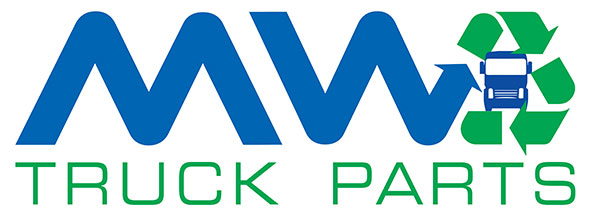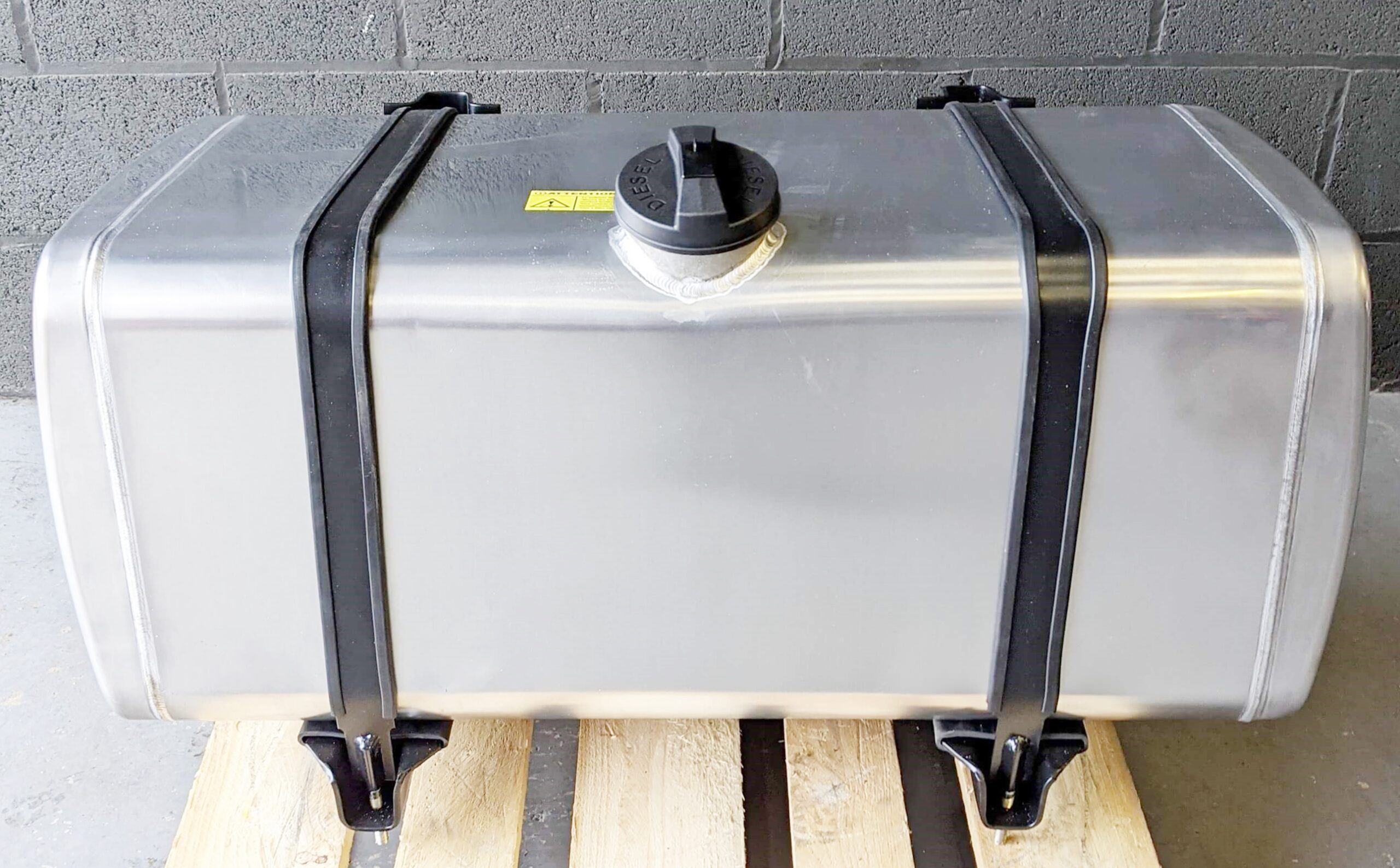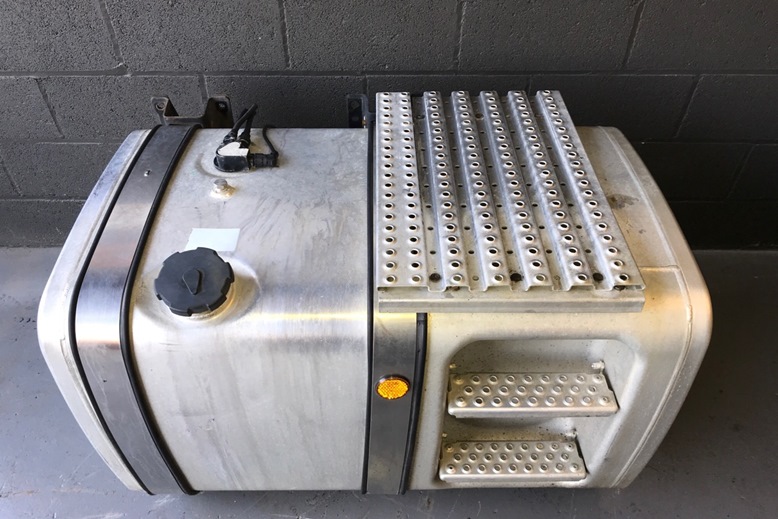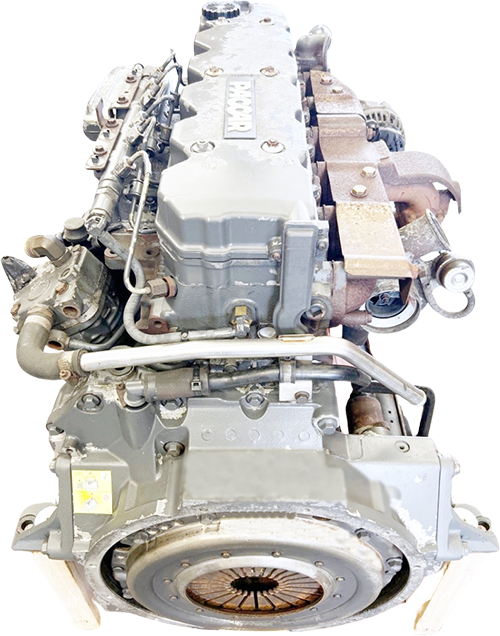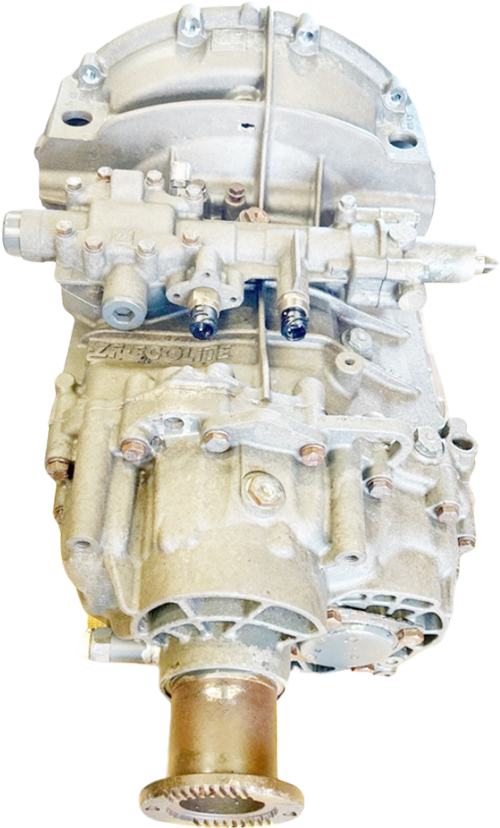A complex fuel system allows trucks to run over 500 miles on one tank. The tank stores the fuel that is pumped from the fuel station. From there, additional fuel handling components transport the diesel on demand. Fuel injectors deliver the precise fuel amount at the right moment. At every stage, from initial filling to final injection, the coordinated fuel system works in unison to keep the truck moving down the road.
Truck Fuel Tanks
A truck fuel tank is its reservoir on wheels, storing the diesel or petrol that keeps it rolling mile after mile. These metal containers come in sizes fit for purpose. Long-haul trucks making monster miles need enormous tanks to minimise pit stops, while short-hop delivery trucks can scrape by with smaller tanks. Modern fuel tanks are made of aluminium or coated steel, which gives them durability.
Whatever the capacity, the tank gets filled to the brim at every pump visit. All that liquid energy sloshes around while driving, ready to feed the hungry engine injectors sucking it in.
Fuel Lines
Fuel lines include supply lines that deliver fuel to the engine and return lines that recycle unused fuel into the tanks.
The lines must withstand extreme pressures yet remain flexible enough to dampen vibration. Stainless steel tubing wrapped in rubber hosing nicely meets both demands. When a section of line wears out, specialised quick-connect fittings allow for straightforward fuel line replacement.
Fuel Filters
Fuel filters are crucial in catching contaminants like dirt, rust, and water that could jam up the system. These debris catchers grab hold of offending particles, trapping them before reaching the injectors or precision components downstream.
As filters naturally accumulate more gunk over time, they can start to restrict fuel flow enough to impact engine performance. That’s why technicians replace clogged filters regularly as part of scheduled maintenance.
Fuel Pumps
Electric fuel pumps are mounted inside the tank to move fuel through the lines to the engine. These pumps pressurise and propel the fuel. Flow rate and operating pressure must be appropriately matched to engine power demands.
Fuel Injectors
Fuel injectors spray a fine, atomised fuel mist directly into each cylinder precisely when needed for optimal combustion. Modern diesel truck engines use advanced high-pressure standard rail fuel injection systems with solenoid valves that activate to open the injectors.
This electronic precision metering allows bursts of pressurised fuel to spray into the cylinder multiple times during each cycle at precisely the right moment. The injector tips must atomise the fuel perfectly every time.
Proper maintenance of all components is essential for optimal truck fuel system operation. Filters need to change every year, and tanks have a lifespan of around 10 years. Technicians should check for leaks, damaged lines, dirty filters, bad pumps, and clogged injectors. With attentive care, the fuel system will deliver reliable power haul after haul.






